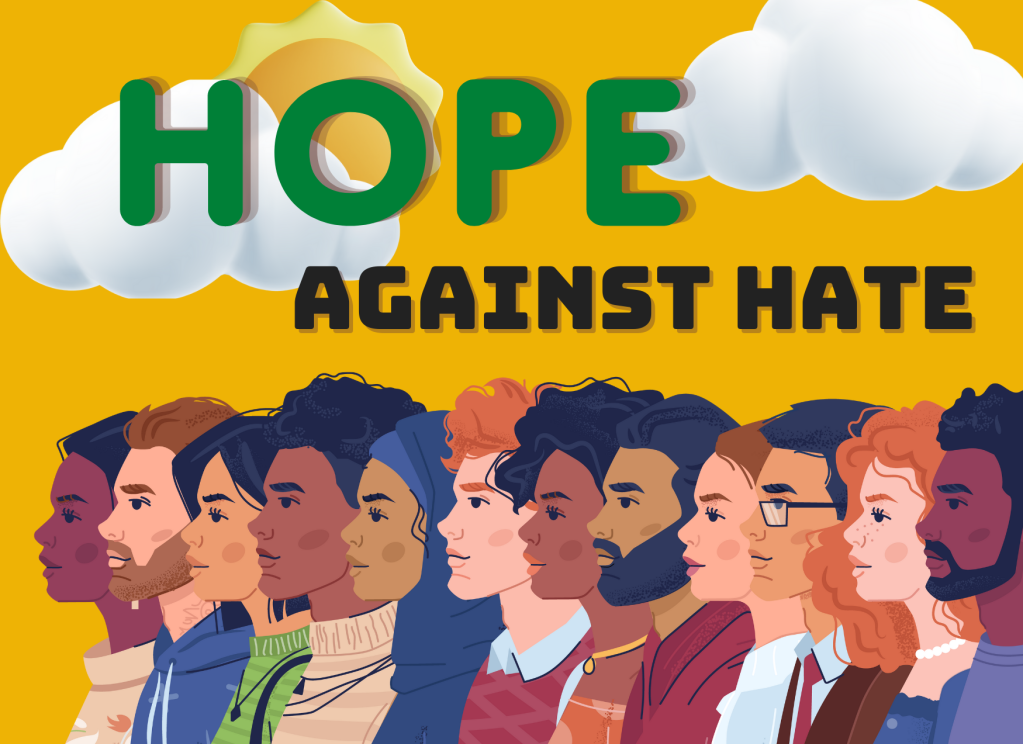Privilege
When I think of the term privilege, I think of one person or group receiving a benefit that others are excluded from. When someone receives an opportunity or advantage that another is denied, inequality occurs. Sadly, in a world where privilege exists, equality can’t happen.
I first became aware of my white skin in preschool. However, at this age, being white was just about skin color to me. The older I got, the more I learned about the privileges I could receive because of my skin color. Nonetheless, it wasn’t until early adulthood that I fully understood the term white privilege.
Because of white privilege, I have easy access to housing and educational opportunities. I’m also aware that, because of my skin color, I am more likely to get loans and less likely to get pulled over while driving. According to Cuncic (2023), white privilege refers to the advantage a person has in society because of his/her skin color. When a white person encounters struggles in society, you can bet, it won’t be because of his/her race.
It saddens me that I have this privilege that some other people in society do not. I cannot take away this privilege and neither can other white members in society. However, what we can do is recognize race and acknowledge the suffering that others have endured because of their skin color.
Bias
We live in a world of bias, where race has been socially constructed. Cultural rules are formed about race and then used to unfairly categorize people on the basis of their race (Hodson, 2016). When I watched the news as a child, I can recall frequently hearing about crimes committed by people of color, especially in East St. Louis. When I watched shows or movies on tv, it was common for me to see a black person as a villain. If it was not for nurse Pam at the Shriner’s Hospital who displayed so much compassion for me during one of my hospital stays after surgery, I probably would have started to believe these fallacies about people of color as a child. Nurse Pam’s skin color was different from mine, but she was a remarkable lady at the hospital who took good care of me.
As a young girl, I began to realize that people of color were targeted, but I did not understand why at the time. The thought that someone was treated unfairly because of his/her skin color didn’t make sense to me. Years later, I would learn that race was not only a social construct, but that it revolved around bias.
Making Choices
During my childhood, my family moved to a rural town in which community members were predominantly white and crime was scarce. Boy, was this town filled with bias and prejudice. Citizens turned heads when someone of color passed through. When a family of color finally moved into this town, they received quick judgment from others about the yard being unkept and the grass being long.
I became angry about the groupthink towards black people that occurred in my community; but, as a kid, I felt that there was little I could do. However, I told myself that I did not want to live in a community like this when I became a grown up. Fortunately, I stuck to this and didn’t let that happen.
Life is filled with choices. You can make the choice to ignore race, or you can make the choice to form meaningful relationships with people of color and recognize the oppression they have faced and continue to face in society. Today, I have chosen to reside in a diverse community where my daughter and son have befriended children of different races and ethnicities in our neighborhood and at school; and, I have been blessed with the opportunity to have close friends from college and work who are of color.
Be the Difference
Many times, people avoid conversations about race because it makes them uncomfortable. These same people may claim that they have little to discuss on the topic but admit that they are not racist. Unfortunately, it’s not enough to be not racist. Instead, we must be anti-racist (Lopez, 2020).
Make new conversations with people of color in your community. Listen, learn, and empathize with the struggles they have faced as a result of their race. Stand up and speak out if you witness racial injustice. Standing along the sidelines as a bystander will not produce change in our world. As a society, we have a long road ahead of us to stop racial injustice, but it can start with you!

Kelli Merriman
O’Fallon Public Library Social Work Intern
618-680-0431
References
Cuncic, A. (2023). Understanding white privilege. Verywell Mind. Retrieved from
https://www.verywellmind.com/what-is-white-privilege-5070460#toc-meaning-of-white-privilege
Hodson, G. (2016). Race as a Social Construction. Psychology Today. Retrieved from
https://www.psychologytoday.com/us/blog/without-prejudice/201612/race-social-construction
Lopez, L. (2020). Not being racist isn’t enough in America. Insider. Retrieved from
